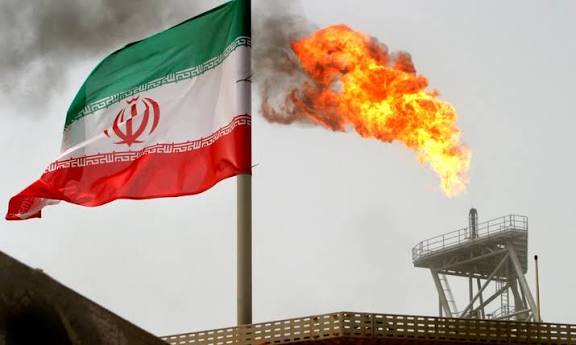The Federal Government has introduced a new initiative aimed at easing the burden on citizens. This program, which involves the sale of 50 kg bags of rice at a reduced price of N40,000, represents a strategic effort to combat the rampant food inflation affecting the country.
The initiative is designed to prioritize public servants in the initial phase, with plans for broader distribution to ensure equitable access across all states.
The approach to this rice distribution reflects a thoughtful consideration of both transparency and fairness. By directing the first batch of rice sales to public servants, the government intends to leverage an existing, well-organized data system.
This system includes the use of the National Identification Number (NIN), which is instrumental in maintaining accurate records and preventing abuse. Such measures are crucial in safeguarding against potential corruption and ensuring that the benefits of this intervention reach the intended recipients.
The decision to prioritize public servants is grounded in the belief that this group is less likely to exploit the system due to the robust data and identification mechanisms in place. Once this phase is complete, the remaining rice will be allocated to states, allowing for a more comprehensive distribution strategy that aims to reach all regions of the country. This methodical approach is designed to ensure that the rice is distributed fairly and that every state has access to this critical resource.
In addition to the rice distribution, the Federal Government has established distribution centers across the nation where citizens can purchase the rice. Although specific locations of these centers have not been disclosed, the establishment of these centers represents a concerted effort to make the rice accessible to those in need.
This move is part of a broader strategy to mitigate the impact of high food inflation, which, according to the Nigeria Bureau of Statistics, stood at a staggering 40.87% year-on-year as of June 2024.
The government’s response to food inflation includes a range of measures beyond the rice distribution. These measures encompass releasing grains from reserves and providing fertilizers to farmers in an attempt to stabilize food prices. Despite these efforts, food prices have continued to rise, reflecting the broader challenges faced by the Nigerian economy.










